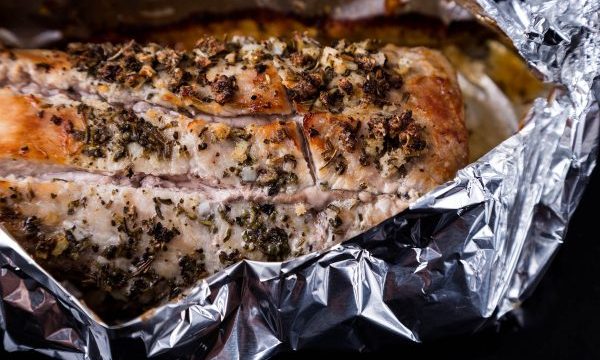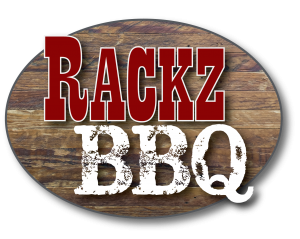With all the work you put into your roasted, smoked, or barbecued meats, it is only natural to want to dig into your master piece as soon as it’s done cooking. However, this is the exact opposite of what you should do! Continue reading to learn why you should wrap and wait.

Smoked Meat Dinners in Carmel 317-688-7290
When it comes to preparing the perfect cut of meat, wrapping and resting is an important part of the process because it delivers several significant benefits. If skipped, you not only jeopardize the quality of the meat and essentially un-do all the prep work you put in to it, you can also put your health at risk. This final step is critical to creating a truly delicious and juicy cut of meat.
Germs and Food Borne Illness
Typically, our minds tell us that we should not let food sit out for too long because it can develop germs which can lead to food-borne illnesses. But when it comes to cooked meats, the contrary theory applies. As meat rests after being cooked, the internal temperatures remain constant or continue to rise, which actually kills off any harmful germs.
Moisture and Quality
Allowing meat to rest after cooking helps keep it moist, which in turn improves overall texture and tenderness. You see, meat is a muscle, which is made up of various constituents like protein, fat, vitamins, and minerals; but mostly, muscle is made up of water. As meat cooks, muscle fibers begin to firm up and contract, which pushes the internal water to the surface of the meat. Some of the water evaporates during cooking, while the rest retains in the meat.
After you remove the cooked meat from its heat source, the water inside needs time to redistribute back through the muscle fibers. If you skip this step and cut right into the meat after cooking, juices will flow out everywhere and the meat will end up dry and flavorless.
Overcooking
When you follow a recipe for cooking a cut of meat, the directions will often instruct you to take the meat off its heat source a little before it is done cooking in order to prevent overcooking. That is because internal temperatures are still hot within the meat, so it will continue to cook as its rests. If you do not allow the meat to rest, you can potentially consume under-cooked meat. If you do not take the meat off its heat source early enough, it can overcook and dry out.
Wrapping Meats
To properly rest meats after cooking, you must wrap them. After a cut of meat is finished cooking, gently wrap it with aluminum foil in a tent-like fashion. This will keep the meat warm after it reaches its peak internal temperature while resting. Depending on the cut of meat, rest times will vary.
Here is a quick guide to suggested resting times for the most popular cuts of meat:
⏲ Roasted Chicken = 5 Minutes, 165°
⏲ Pork Butt = 30 Minutes, 145°
⏲ Whole Turkey = 20 – 30 Minutes, 165°
⏲ Brisket = 5 Minutes, 145°
⏲ Ribs = 0 Minutes, 145° (Enjoy pork, spare, and loin back ribs, RIGHT AWAY!)
⏲ Prime Rib = 15 Minutes, 145°
⏲ Thick Streak Chops = 10 – 15 Minutes, 145°
⏲ Ham = 3 Minutes, 145°
Looking for Top-Choice Barbecue in Carmel?

Rackz BBQ
317-688-7290
